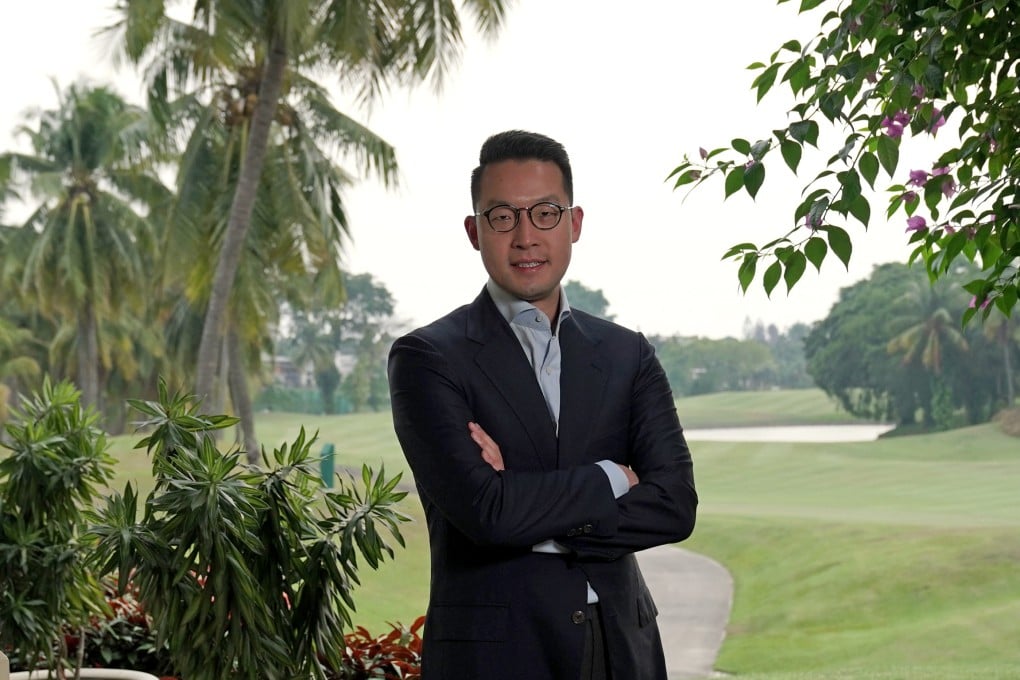Advertisement
Lippo Group’s John Riady on his hopes, dreams for Indonesia – and the family business
- In a wide-ranging interview with This Week in Asia, the third-generation inheritor said he had set his sights on elevating his home nation
- Read on for the Jakarta-based CEO’s thoughts on the importance of growth, innovation – and why Indonesia is the next China
Reading Time:3 minutes
Why you can trust SCMP
2

Su-Lin Tanin Singapore
Asia’s richest families are set to hand down US$2.5 trillion in intergenerational wealth by 2030, creating a new generation of crazy rich Asians. Read the main story here, the profile on Indonesian billionaire Sukanto Tanoto’s daughter Belinda here, on Mamee’s Pierre Pang here, and on Nepal’s Nirvana Chaudhary here.
Advertisement
By helping to turn emerging economies into economic powerhouses, influential Asian families have the ability to equip their homelands with “soft power” on the world stage, according to John Riady, scion of Indonesia’s Riady dynasty.
In a wide-ranging interview with This Week in Asia about his plans for the family business – the Indonesia-based conglomerate Lippo Group, one of Asia’s most visible corporate brands – the third-generation inheritor said he had set his sights on elevating his home country.

Born and educated in the United States, the grandson of Indonesian billionaire Mochtar Riady steers Lippo Group as its CEO from Jakarta, where he lives with his wife and four children.
According to the younger Riady, emerging Indonesia is not only ready to graduate as an advanced economy, but in time, become a key global political player.
He said Indonesia had proven its credentials through its hosting of 2022’s G20 summit.
“During Indonesia’s chairmanship of the G20, it was a very difficult time … there were so many divisions,” he said. “Indonesia was, as a ‘constructive middle power’, able to effectively facilitate that sort of geopolitical togetherness.”
Advertisement

Advertisement